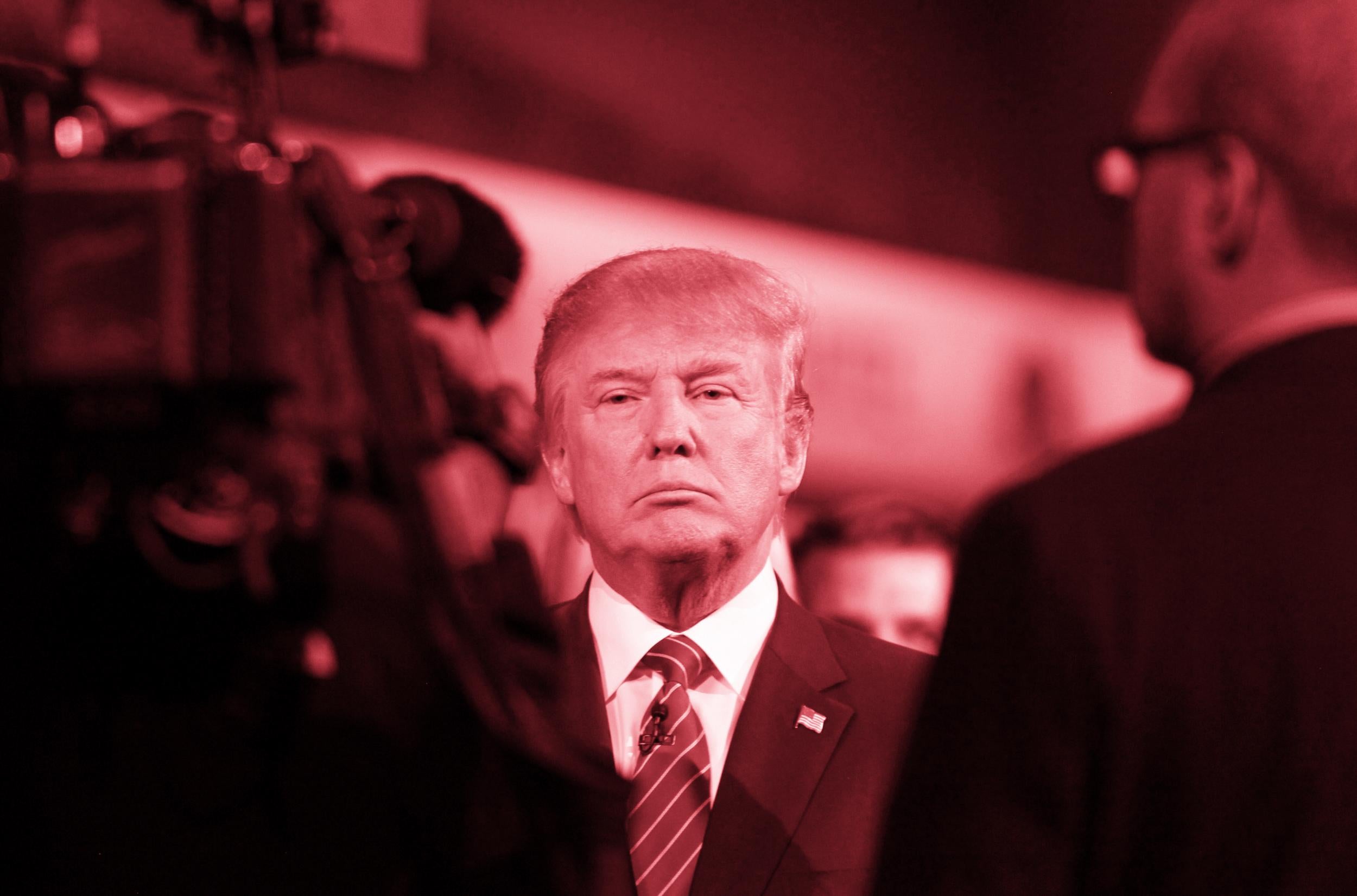Commentators frequently use the term “populist” to describe radically left-wing economic policies, or policies that seem to cater to the material interests of lower-income people or working class groups. See Greg Sargent in the Washington Post here for an example, talking about US health care insurance.
This label is often used in the context of discussions of economically regressive fiscal policies. So when a figure like Donald Trump advocates tax cuts that will primarily benefit the rich, commentators argue that this makes his populism fraudulent, a kind of con. See Paul Krugman in the New York Times here for an example.
But this reflects a confusion over what populism is – or, at least, defines it in a way that doesn’t make much sense.
What does populism actually mean?
As Jan-Werner Muller, Professor of Politics at Princeton University, makes clear in his book “What is Populism”, populism should really be considered a political style rather than a fiscal programme. A “moralistic imagination of politics” in Muller’s words.
It is a style which is explicitly “anti-pluralist”, meaning it denies the legitimacy of any opposition in a way that breaks the conventions of normal democratic politics. It usually draws a firm distinction between a morally pure “people”, who the populists claim to exclusively represent and have the exclusive right to define, and the corrupt and illegitimate “elites”.
But what does that have to do with economics?
Populist politicians can sometimes implement or advocate fiscally redistributive economic policies. Think Hugo Chavez in Venezeula. Or the Five Star Movement in Italy, led by the comedian Beppe Grillo. Or the National Front in France, which proposes reducing VAT. Some elements of UKIP’s programme, such as reversing benefit cuts and increasing corporation tax, are often advocated by those on the left.
Alternatively, populists can govern in a regressive way, that does nothing to redistribute resources to the poor and in which the rich grow richer. Think Putin’s Russia, where the number of billionaires has doubled in a decade.
Despite divergences in their economic programmes, these can all still be described populist groups and leaders because of their disregard for democratic norms and their invocations of the “will of the people” to intimidate opponents.
So how does populism relate to politics?
Populism is an illiberal political style, not a set of economic policies. To the extent that populism is related to policy at all it is generally that it represents complex social problems as having easy solutions, often only solvable by a charismatic strongman leader.
Once this distinction is accepted the supposed contradiction of populists following or championing economically regressive programmes melts away.
Subscribe to Independent Premium to bookmark this article
Want to bookmark your favourite articles and stories to read or reference later? Start your Independent Premium subscription today.


Join our commenting forum
Join thought-provoking conversations, follow other Independent readers and see their replies